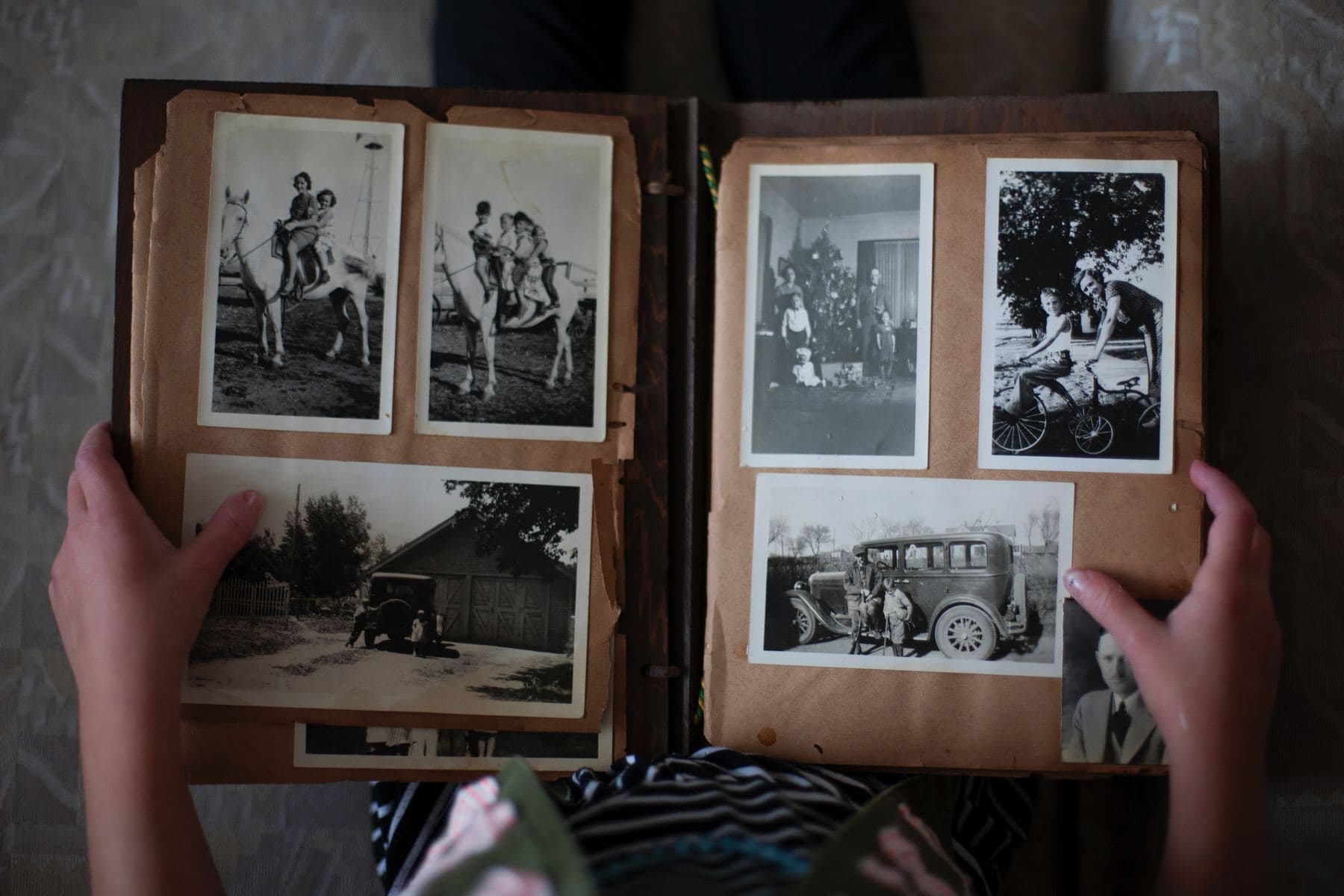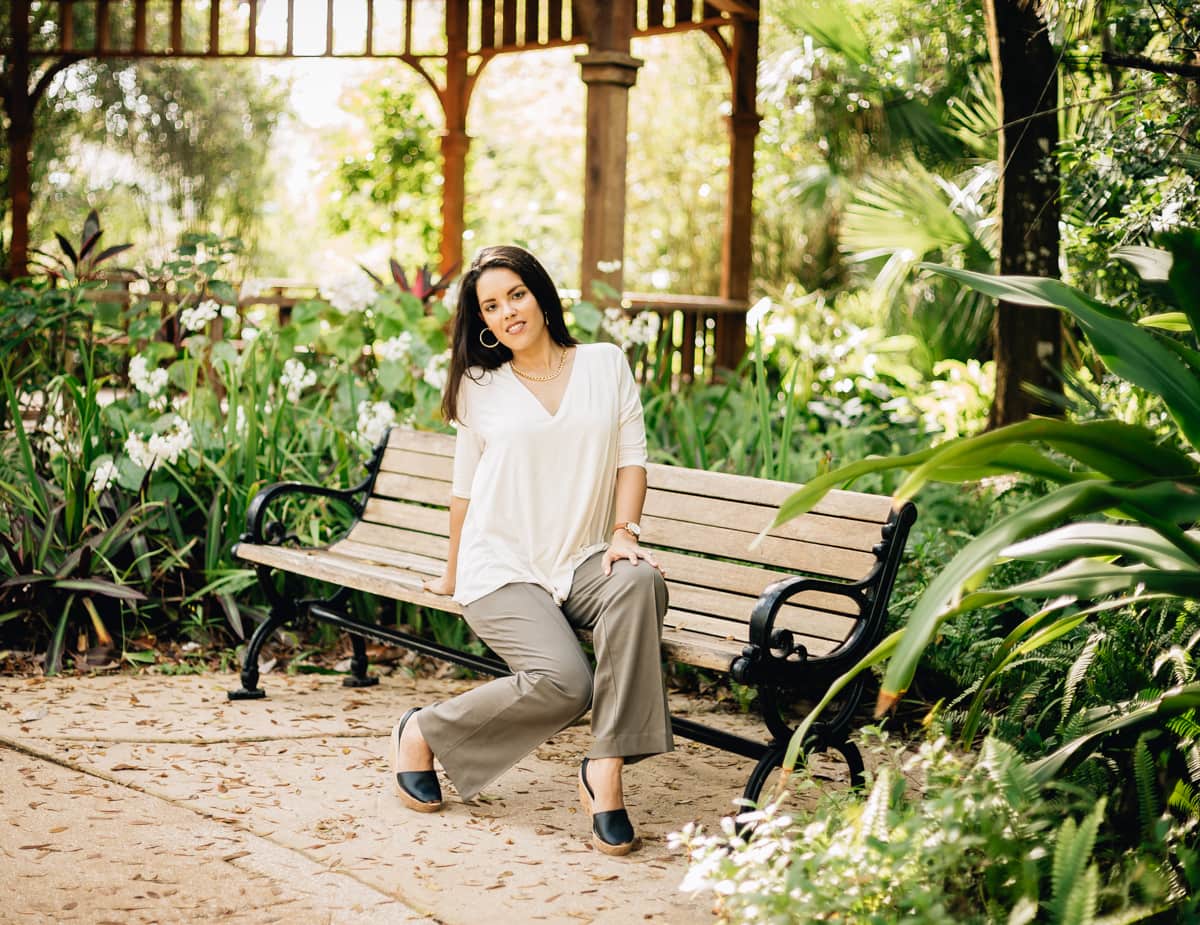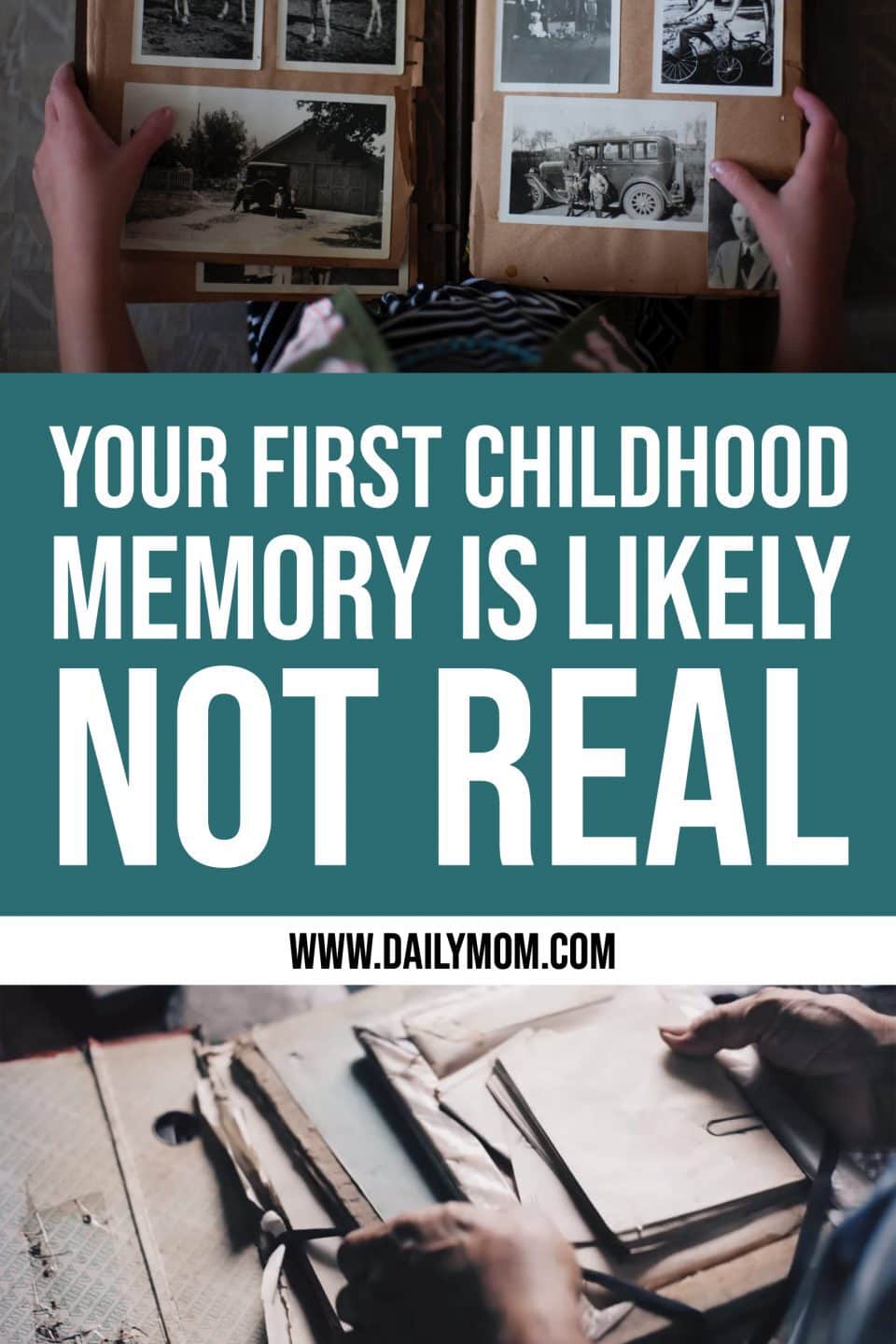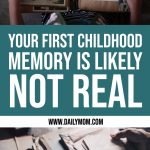Your childhood memory is a tricky thing. Are you a fan of This is Us? Do you remember the “Song Bird Part 2” episode where Randall and Kate don’t have the same recall of the same memory. Kate keeps going on and on about how awesome that day was until Randall shoots down her memories. “No, I don’t think it was, don’t you remember?” He brings up these conflicting facts about their father and what really happened that day. This leaves us wondering: How can two people remember the same event completely different? Why would there be two different recalls of the same childhood memory? The answer is that it has to do with the way we rely upon, track, and pull our memories, plus our emotional response to such events.
Your First Childhood Memory
New research shows that over 40% of the memories people claim to be their first are actually quite the way they remember, in fact, it may not even be a memory at all. Many people believe their first memory to be before the age of 2. Researchers believe these are not full memories but rather fragments of memories such a feeling evoked, a certain toy, or a story told to them by someone else.
These stories or retellings become so ingrained in our minds that we believe them to be real memories. The person combines these fragments to create a mental representation that feels like a memory but actually is not. Over time these mental representations become so ingrained in our minds that they feel real, hence they feel just like a memory.
Why we remember things differently
People tend to think of memories as stored files that we call upon when needed; instead, they are only generated when we need them. This is why in the heat of an argument you can’t think of the right things to say, but after you’ve calmed down all those helpful tidbits come back so vividly.
People’s brains are wired completely different. Thus, in a general sense, they work the same, they also work and process information very differently. The recall of memories is as unique as the brain they are held in.
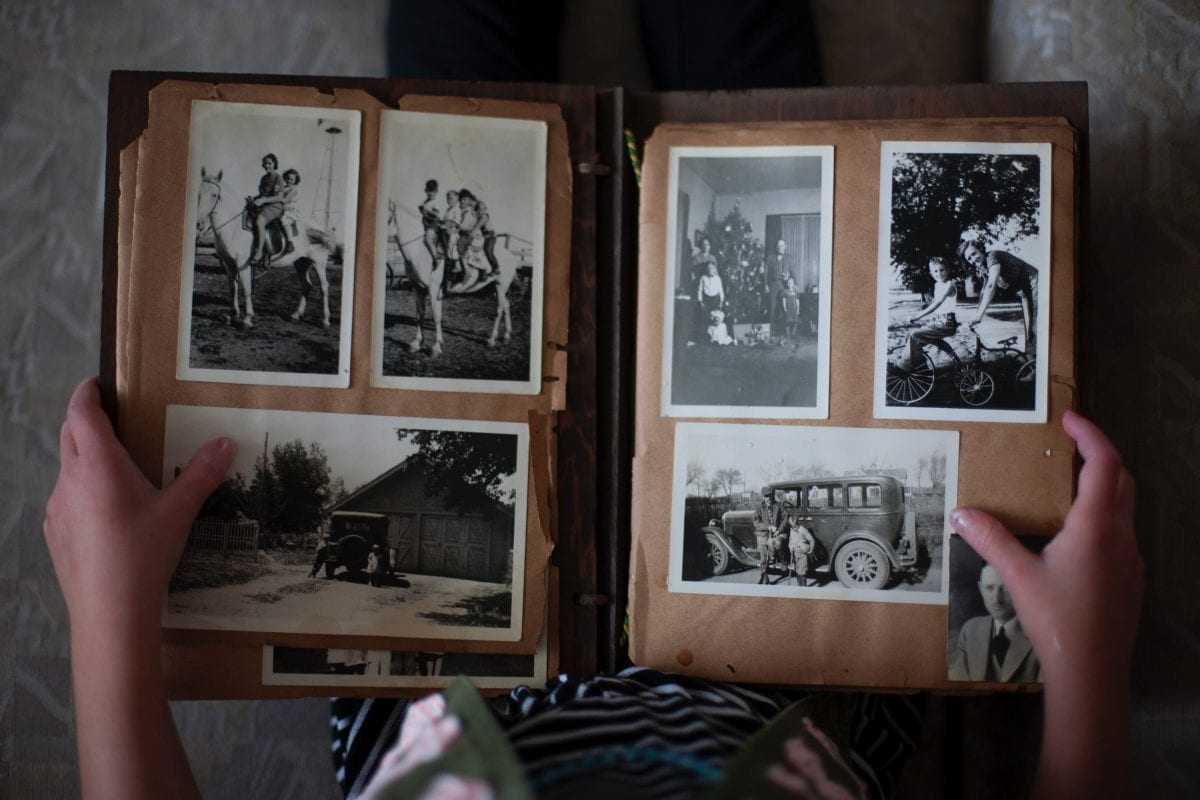
Emotional Responses
Emotions play a part in how we recall a childhood memory. From the This is Us example, Kate may remember the event differently simply because the event elicits a negative emotional response. Her brain chose to rewrite the events, and/or, only remember the event after her dad had calmed down because it was a way to safeguard her feelings. Randall tends to think in more logical terms, therefore, he brings up a more factual representation, rather than a sugar-coated one.
We also falsely recall events in a way to paint a better picture of ourselves. We may recall an event erroneously because it makes us feel better about ourselves. This doesn’t necessarily mean we take wrongdoing and make it into a hero moment, however we may add bits and pieces to better fit our perspective of ourselves. The story a false memory tells may be more rose-colored than what exactly happened.
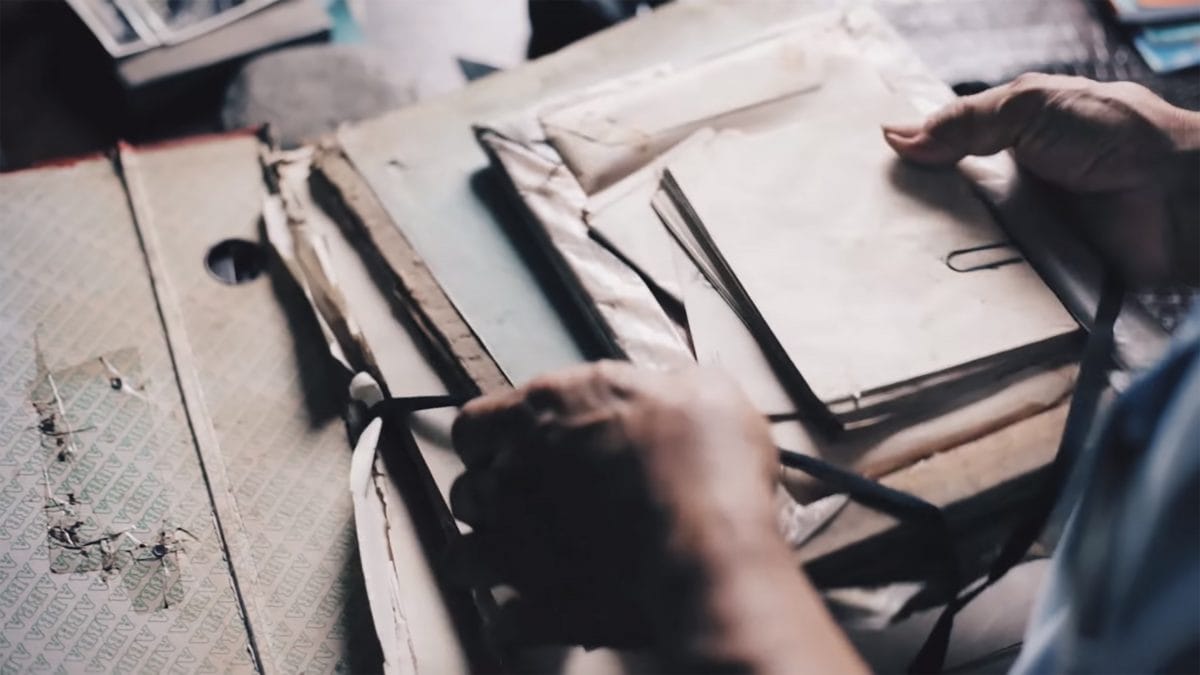
Sometimes we simply remember things differently because we have no recall of that actual moment, but we know and understand bits and pieces so our minds string those together to form a false memory. This is called biased reconstruction. Our minds don’t intentionally want to fool us, but simply it’s a way of making sense of things it cannot actually remember.
Why our first childhood memory may be wrong
So bringing us back to why so many people have a flawed first childhood memory comes down to wanting to remember. The person simply wants to remember but because they were either not old enough to process such a memory, or they’ve heard others recall the memory in many different fashions, the brain simply uses what it knows to create a relatable recall of the event.
The brain is a marvelous mystery. Memory recall helps to give us a sense of well-being and a sense of who we are. Albeit wrong at times, overall our memories are only trying to help tell a story of the past. When we face an unpleasant memory, rather than trying to reshape it, attempt to better understand how and why that event happened. The more we learn about ourselves, the better the brain can understand the information it processes.
WANT TO READ MORE?
Want to preserve your favorite memories but not sure how? Check out Protecting Your Photo Memories.
Soruces: New Scientists, Psychology Today



































